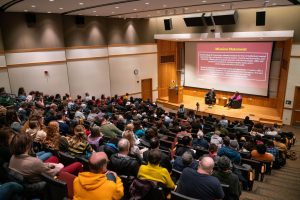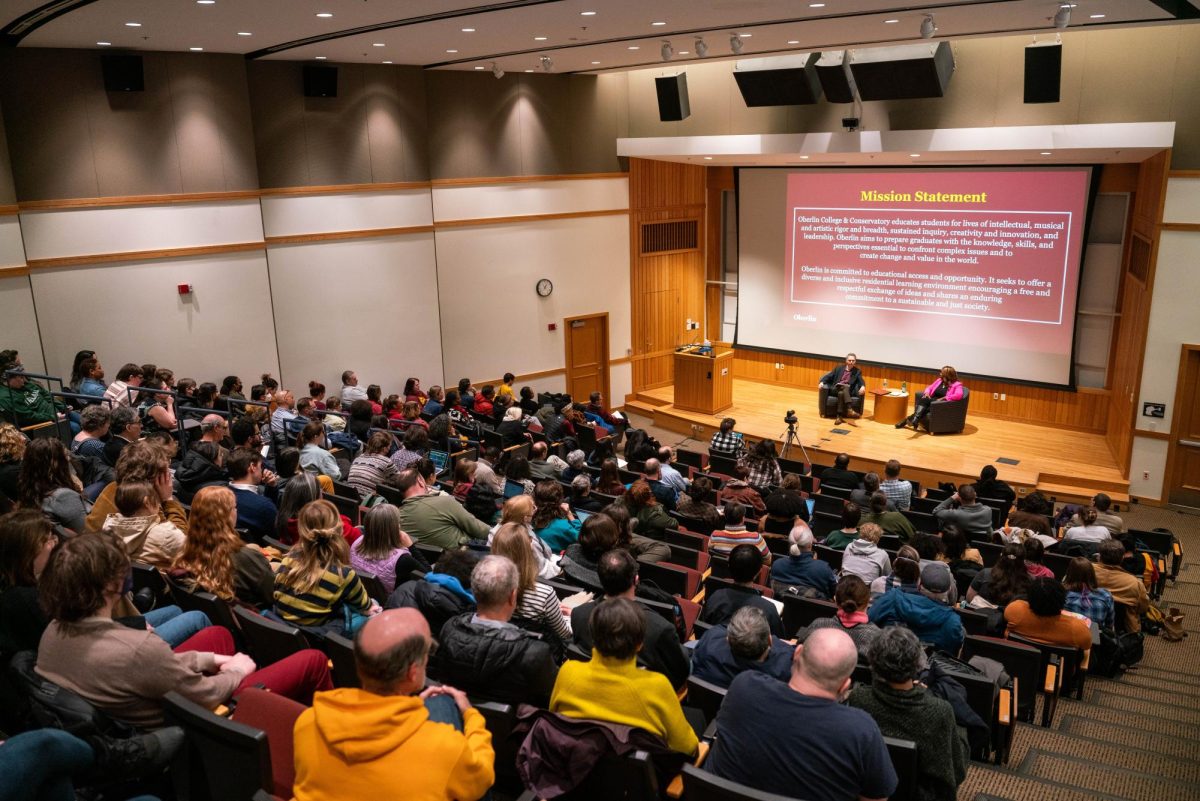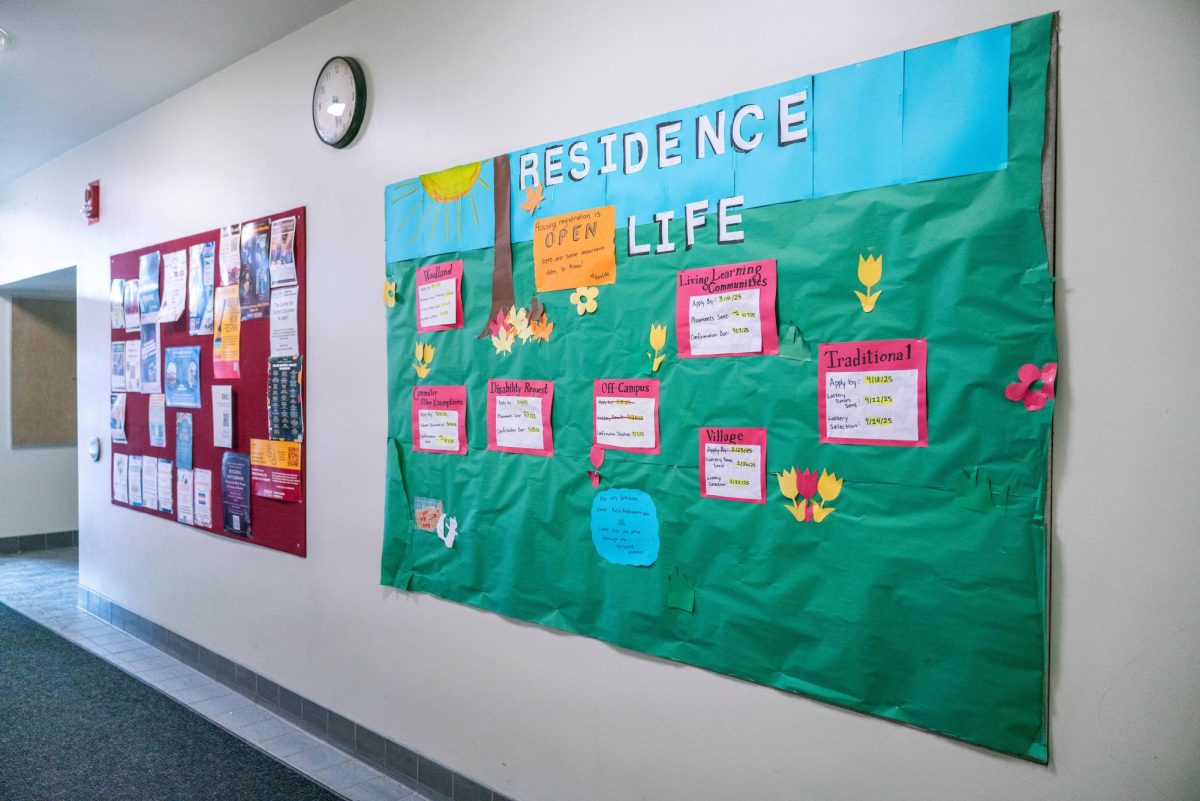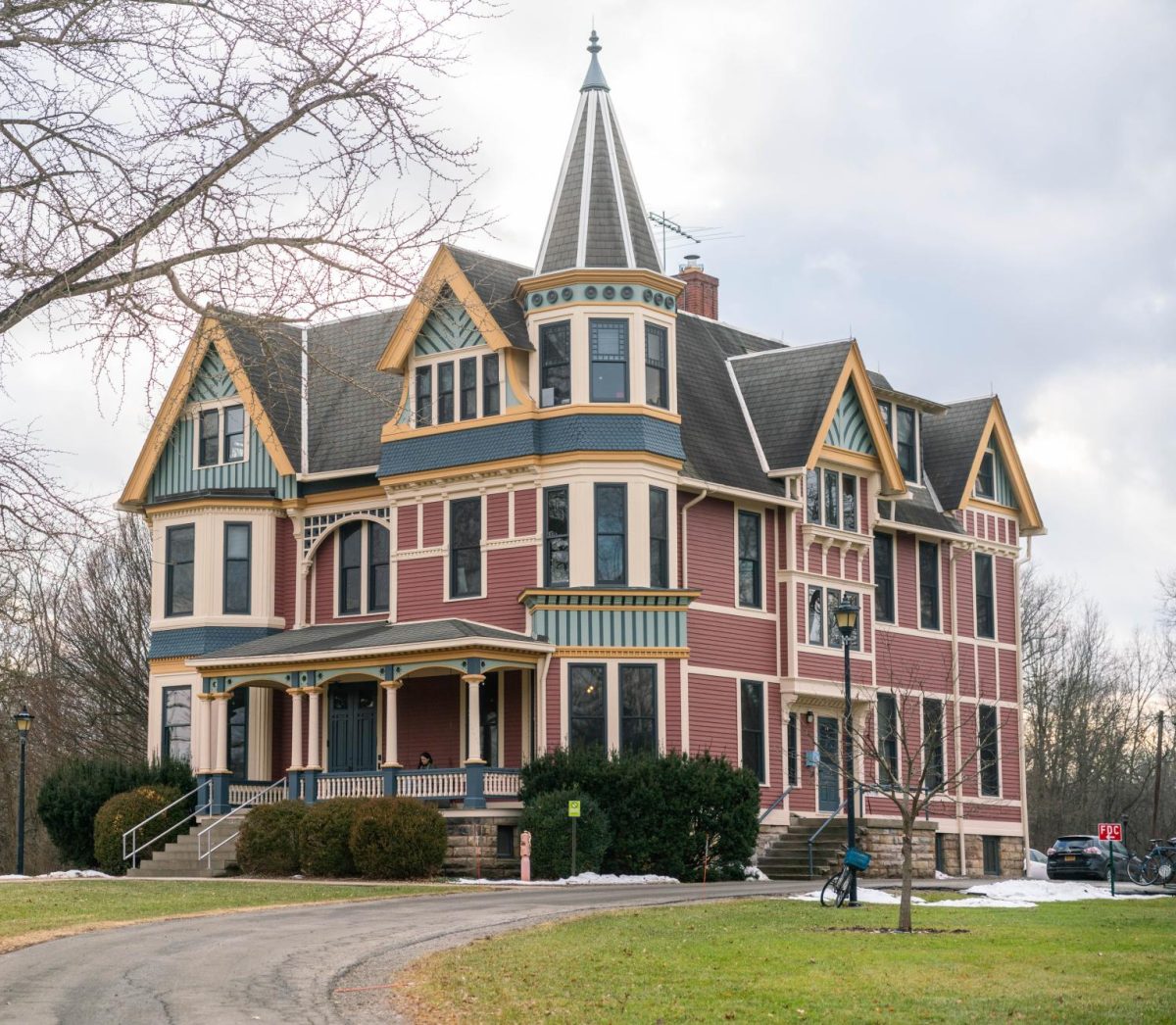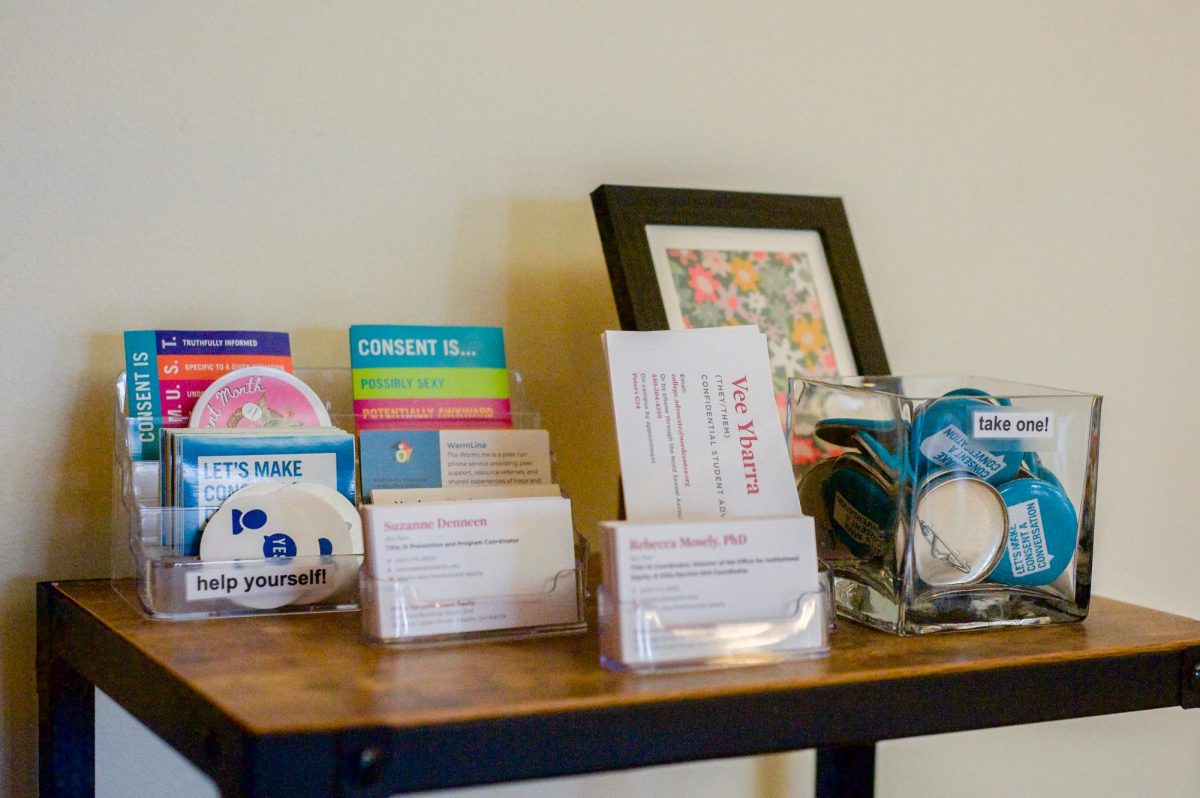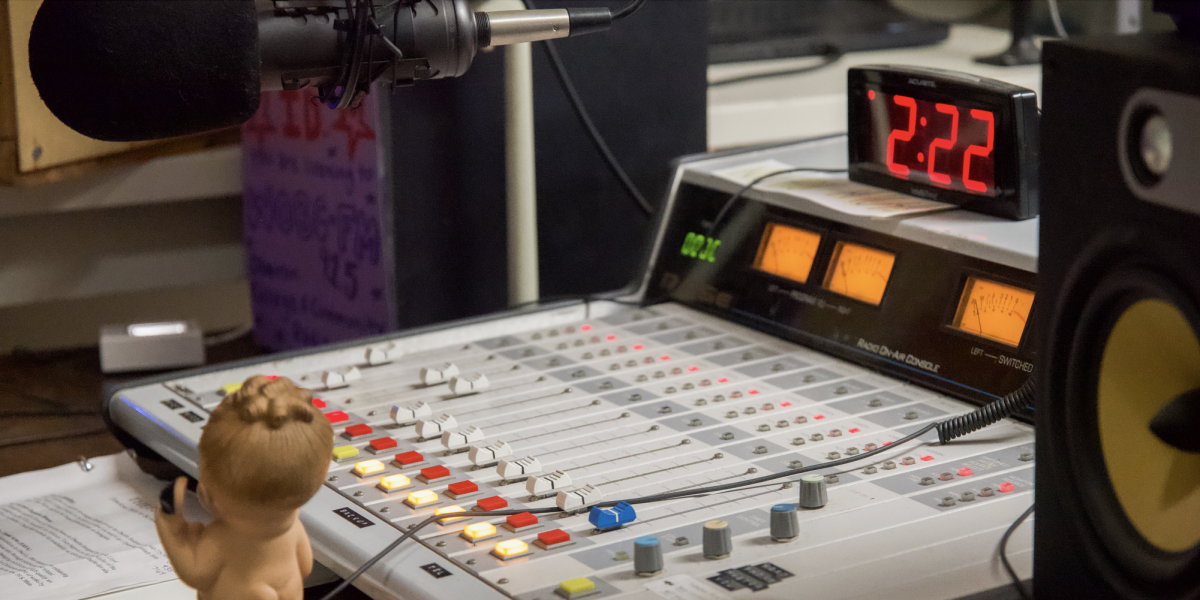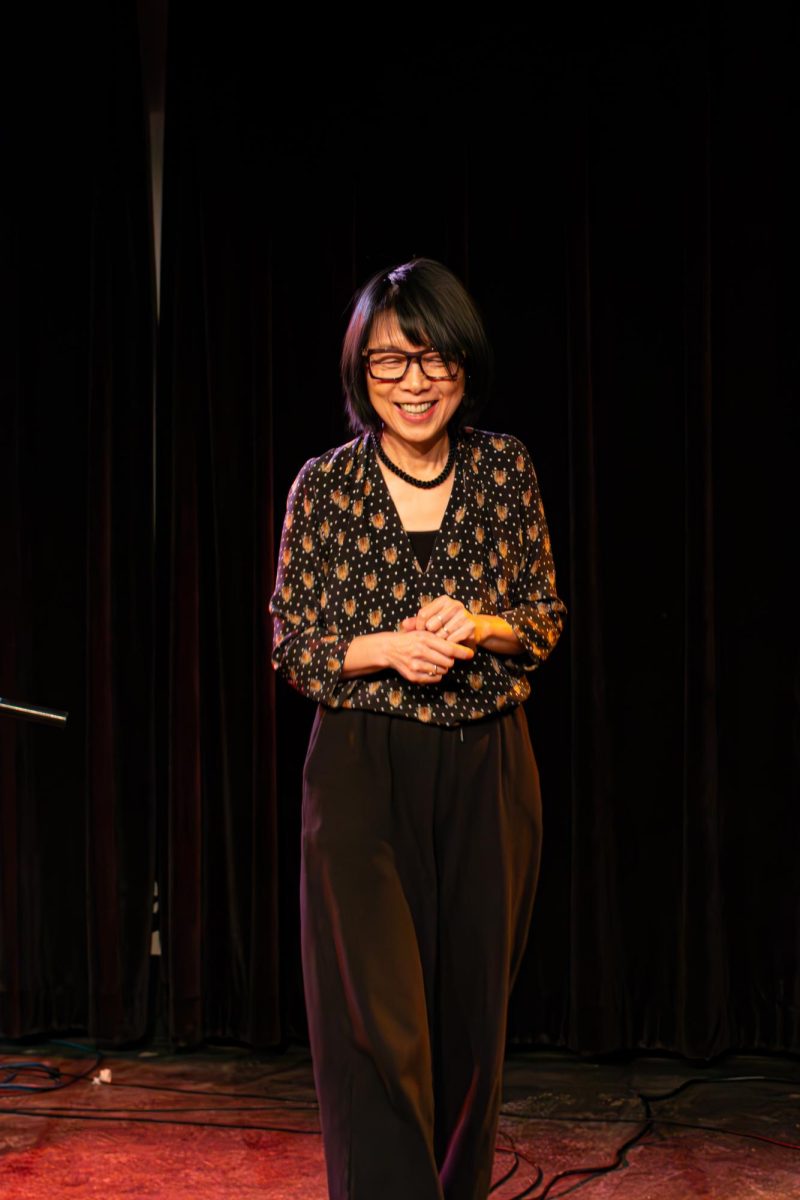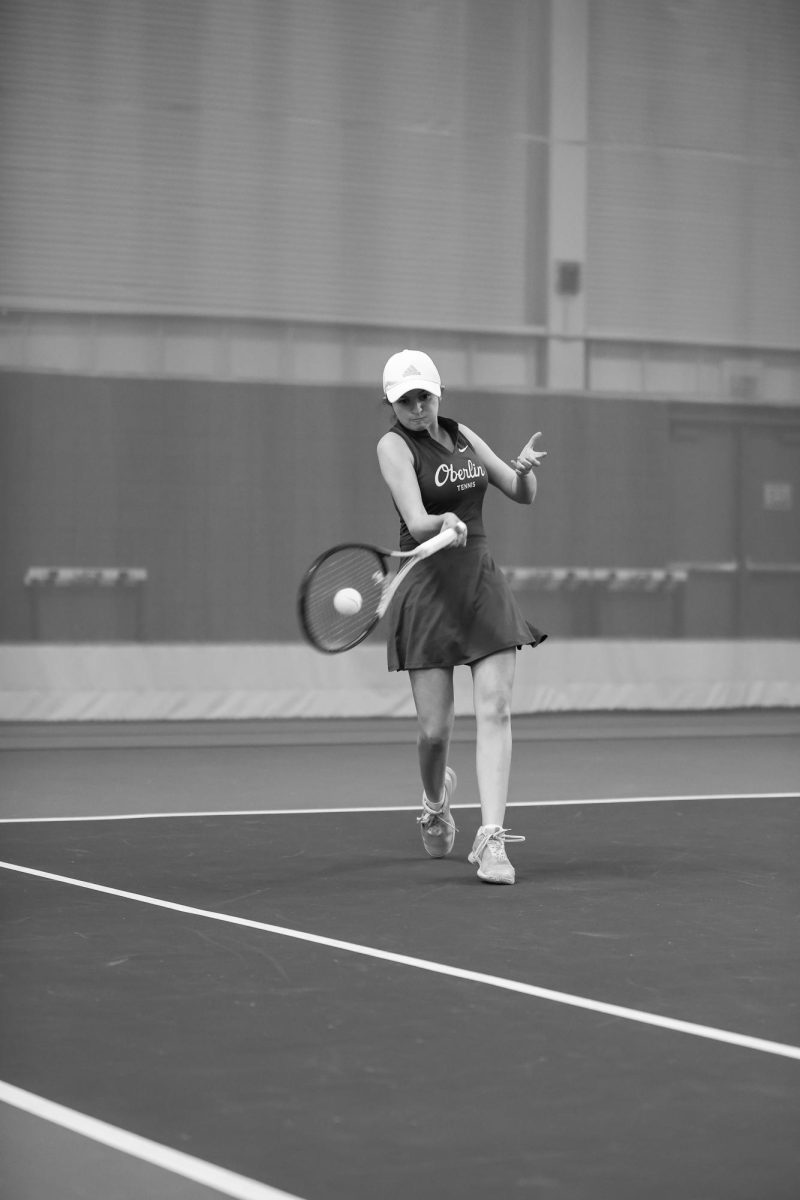William Roth, Oberlin’s New Athletic Director
On May 2, Oberlin College named William Roth as the newest Delta Lodge Director of Athletics. The Review recently sat down with Mr. Roth, who previously worked as the Associate Director of Athletics at the University of Pennsylvania, to discuss the academic challenge of Oberlin, his vision for the program and German soccer star Michael Ballack.
May 13, 2011
What attracted you to Oberlin rather than a more high-profile position?
I really loved that the administration wanted to improve: They legitimately wanted to get better. There was a tight-knit community. I was also interested in the multi-dimensional nature of the athletes here — the regular student can perform on our playing fields. The young man who plays lacrosse and the young woman who plays soccer, they’re the peers of the person in the concert hall and the lab, and I think there’s something amazing that happens when you have that type of environment. Any athletic achievement that we have becomes a campus achievement. I really hope that’s what our department creates. When athletics advances, Oberlin advances, and if athletics falters, then the experience is one where every one of the kids grows from it and gets back out there again. That’s what life is about — always being ready for the next challenge.
At the University of Pennsylvania, you headed a variety of fundraisers and other events in the community. What is your vision for that aspect of the program at Oberlin?
First of all, I think it really depends on the particular community. But I would like strong leadership and vocal advocacy from people who are student-athletes here — for the people who use our gyms, who use our workout equipment, who swim in our pool, who use our facilities — to walk away proud with that association. I want them to grab the next person — a friend, a roommate, a hall-mate, a housemate — and say, ‘Hey, next time come to my game, next time come to work out with me,’ because there are great synergies that are happening and can happen in this part of the campus. The more people who get involved, the richer the experience for everyone. We have 30 percent of the campus community involved in recreational or varsity activities. The more people exposed, the more I think that upward lift will be created that will help our teams be more competitive and will help the programming that we need to create [in order] to advance wellness and health and let us be more creative and dynamic. Then, beyond that, to reach out to the community of Oberlin itself, and make them proud of our program.
How do you think your experience at a similarly rigorous academic institution like Penn will help you at Oberlin?
Athletics to me should be a complementary activity… but not an extracurricular activity, a co-curricular one. There is a way to have tremendous education go on our playing fields, on our pool decks, on our tracks, on our courts and in our gyms. What I’ve learned [at Penn] is you can create that atmosphere [not only] without compromising academic integrity but, if anything, [you can] strengthen the total community by bringing in people who are not just one-dimensional. That’s what’s neat about Oberlin, what attracted me to it — no one seems one-dimensional. What I hope is athletics can become an increasingly more vibrant dimension of this campus community.
You have an extensive background in sports not just as an administrator but as a coach and student-athlete. How do you think that will help you connect with all aspects of the program here?
My hope is that, [as a result of] my diversity of experiences as a student-athlete, coach and administrator, I try to take a very holistic approach to my work. Some administrators tend to come at problems with a “one-lens” approach. I’ve tried to take advantage of the fact that I have done different aspects at different levels, and I try to make sure I’m very sensitive to the people I work with and the people I serve. My job as Athletic Director is to serve the Oberlin student-athlete, and then serve the broader community with health and wellness. My experience as a student-athlete helps me empathize with what they go through in daily life. We’re asking them for a lot when we ask them to be a competitive varsity athlete because of the competitiveness of the academic rigor at Oberlin. So to have gone through that at a similarly rigorous school — I’m not so old that I don’t remember what it’s like, I guess [laughs]. Also, having been a coach helps me understand the challenges of adults and coaches having to work with smart kids who question everything, who want to know the “whys,” not just the “whats.” I think athletics is wonderful because there are very few shortcuts so the “whys” are as important as the “whats” in an athletic context.
Were sports, both through fandom and participation, a big part of your life growing up?
I found sports were a tremendous vehicle to learn how to grow as a human being. They exposed me to different people, they exposed me to adversity, they exposed me to failure, they helped me learn a little about success too — there were actually a few times where I was successful! [Laughs] It taught me lots of life lessons and it also exposed me to the pageantry. Pageantry is being squeezed out of our lives. Athletic events, practices and games can be rallying points to bring the community together — there’s ceremony, tradition, history and then there’s always the unexpected. So I find even now, after all these years working in athletics, I’m still a fan of athletics. Even now in my dotage, I’m a fan of it because I think there are very few environments that bring together all of those factors.
What was your favorite sports team growing up?
I grew up in Philadelphia and became an ice hockey fan at a young age, so I was a fan of the Philadelphia Flyers. I was also a very big fan of college athletics. I have to be honest with you: While I followed pro sports, I’m more interested in college [athletics]. I think there’s something special about watching 18–22 year olds perform and develop, to grow and do it truly for the love of the game and competition as opposed to a paycheck. That’s another reason why athletics at Oberlin can be so much more special, because you’re not creating a breed apart; it’s not just for entertainment.
Who was the college athlete you most enjoyed watching?
I was a track coach, so I would be inclined to say that I [was] always fascinated to watch [Olympic mile runner] Sebastian Coe. I was also always fascinated to watch [former St. John’s University basketball player] Chris Mullin. I watched him growing up at St. John’s, and I was always impressed that, while he could score, he always enjoyed passing. He was about setting other people up to be successful. I played a lot of soccer too. I was a huge soccer fan, and my [ancestry] is German so I followed a lot of German teams. Even today I enjoy watching [German National Team midfielder] Michael Ballack play. You can tell by watching the national team that the team thrived when he was on the field and they struggled a bit when he wasn’t. Also, he seems like a decent guy, doesn’t seem like a jerk. [Laughs]



